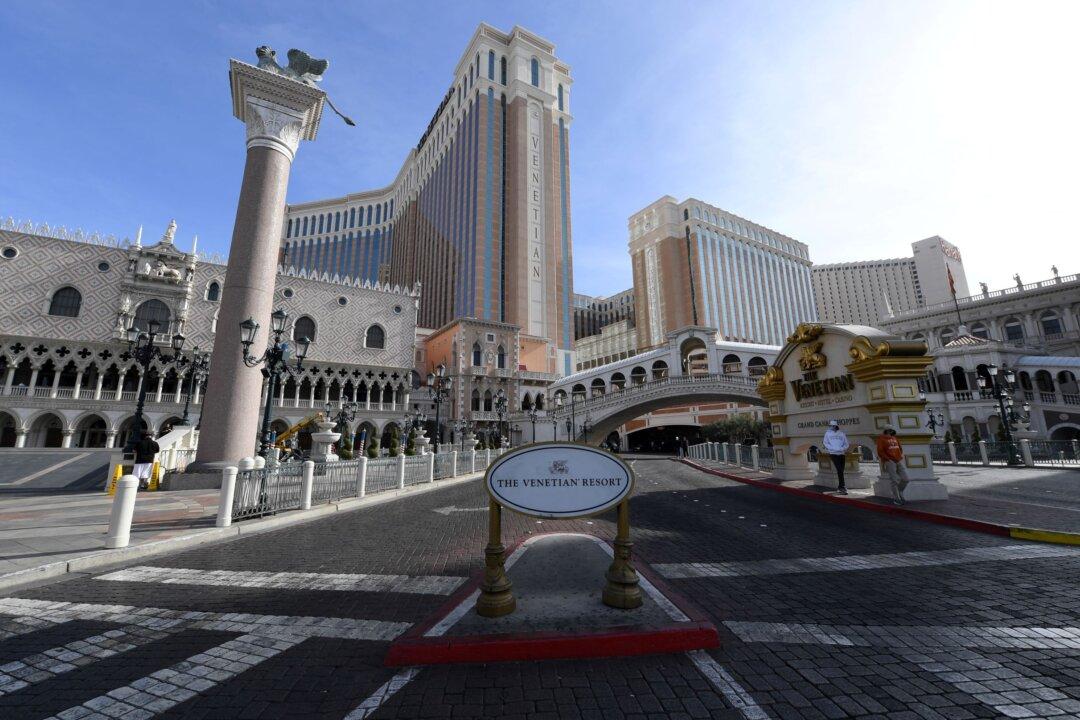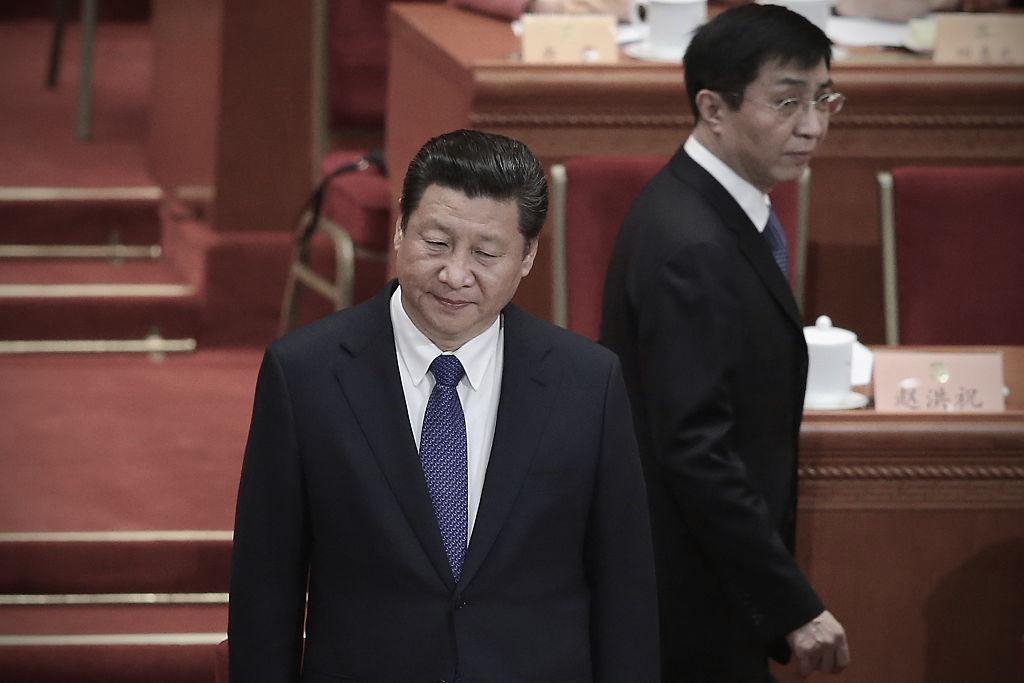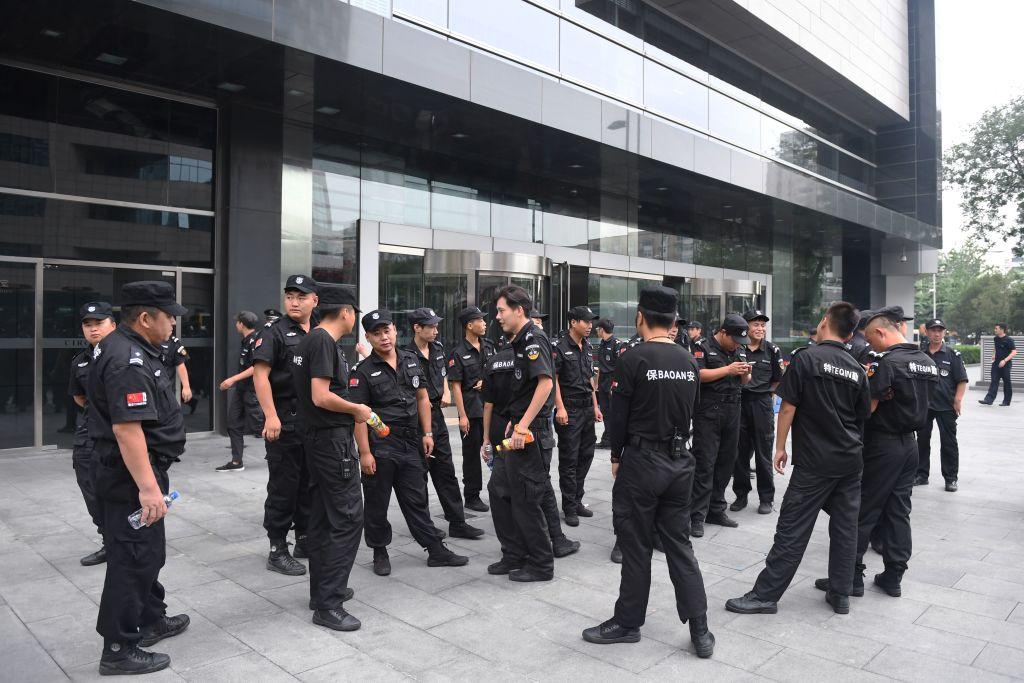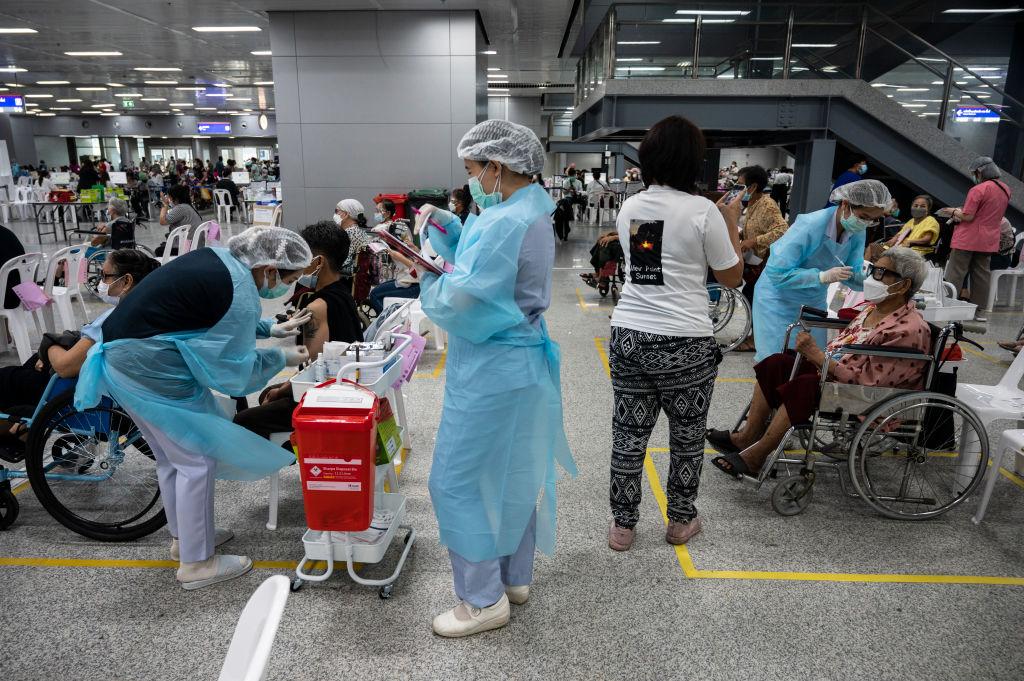As Las Vegas Sands Corp. eyes Macau and Singapore for future growth, an expert warned that this move will likely be entangled with economic and political risks.
The upscale resort and casino company announced on March 3 that it has reached an agreement to sell its Las Vegas real property and operations, including The Venetian Resort Las Vegas and the Sands Expo and Convention Center, for an aggregate sale price of approximately $6.25 billion. Meanwhile, the company plans to continue its business in Asia.




